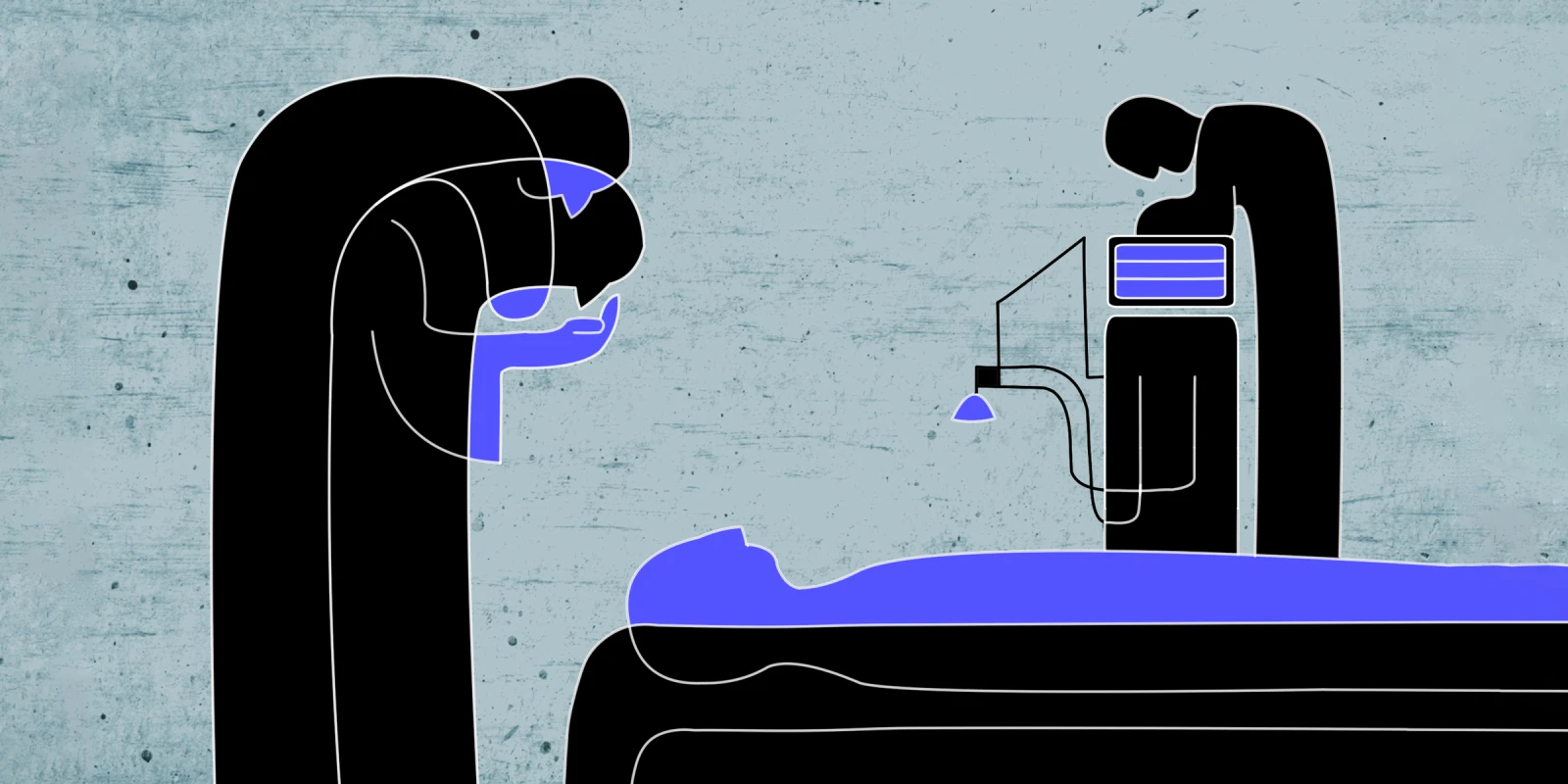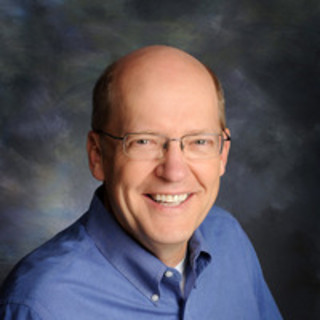All too often, physicians assume the teacher-student (physician-patient) teaching relationship is a one-way construct. Yet if we allow ourselves to be receptive to potential lessons, we can become the student, almost always to our advantage. Over the years, I have come to understand these “teaching moments” were not fully appreciated at the time. Demanding schedules allow for little contemporaneous reflection, yet after the passage of time — often days or weeks — the realization of a lesson learned creeps into our subconsciousness, and if we are fortunate, it positively impacts our patient and family interactions. The lesson is completed when the clinician transfers the lesson to students or patients either in the verbal retelling of the incident or, hopefully, manifests it in our improved behavior.
When I worked as a primary care physician in rural Iowa, I had several geriatric patients in my practice and served as the facility physician for several nursing homes. In this capacity, I was quickly educated on the many facets of death and dying. Of course I had read Elizabeth Kübler-Ross’s book “On Death and Dying.” From my experiences as a physician, I quickly realized her five stages (denial, anger, bargaining, depression, and acceptance) did not tell the whole story. Early in my career, one of the very first lessons I learned about death and dying was that, despite a hospice patient’s underlying diagnosis and anticipated demise, the dying patient’s family, while totally aware of their loved one’s imminent passing, uniformly reacted in the same way. Upon finally learning of their loved one’s death, it was as if they were just informed their loved one had died as a result of a tragic accident that very afternoon, not of the lingering illness they had been witnessing for months.
There were other lessons that came later on in my “education.”
My patient Irene had lived a rich and full life. Her 93 years hadn’t taken a harsh toll on her body and her mind was as agile as ever. Whenever I saw her name on the day’s schedule, I couldn’t wait to settle onto the stool next to the exam table and learn more about a simpler time in our country. Her stories of traveling west through Montana in a covered wagon at the age of seven captivated my imagination. In many ways, she seemed like a time traveler who only I had special access to. Irene’s daughter, who lived with her, would bring her to the office and dutifully pass the time in the waiting room while we visited.
Before entering the exam room, the nurse asked if I had known that Irene’s husband of 70 years had recently died. The news wasn’t too surprising as his health had been gradually declining the past year. Not knowing what to expect, I knocked on the door before entering and took my seat as usual. Irene sat there quietly, stoic but somber. She was sad, but not outwardly depressed. Her appetite remained good and her sleeping patterns hadn’t changed. We visited for a few more minutes as I retook her blood pressure, and when she asked how I was doing, I knew she was coping adequately with the loss of her husband. After our visit, as she was getting her things together in the waiting room, I expressed my condolences to her daughter about the loss of her father and reassured her that, under the circumstances, Irene was doing well.
Several months had passed before Irene’s name appeared on my schedule again. In my eagerness to see my old friend, I failed to scan the chart for the reason prompting the visit. Upon entering the room, I immediately sensed something was amiss, as her daughter had accompanied Irene back to the exam room. Both women looked profoundly sad with puffy swollen eyes and both had put the tissues they clutched to good use. It was then I learned that Irene’s 68-year-old son had recently died of a heart attack. Her profound grief filled the room. Measured words did little to console. Her daughter wondered if something wasn’t needed to help her mother sleep. After visiting further, I reassured them both that I didn’t feel any medications were needed, but I took the precaution of scheduling a follow-up appointment the next week.
At the time of the follow-up visit the following week, before entering the room, I asked the nurse how Irene appeared. “Maybe a little better, but not much,” was the response. After reviewing her vitals and retaking her blood pressure, I came to a similar conclusion. Nonetheless, her grief persisted. Another visit the following week revealed an improved demeanor. There was a new hint of life in her eyes. When she told me of her plans for their garden I didn’t feel the need for scheduling a follow-up visit.
Sitting in my office at the end of the day, my thoughts turned to Irene. Witnessing first-hand the comparative grief between the death of a 95-year-old spouse and a 68-year-old son was profound. I realized that, as humans, we are programmed to accept the loss of a mate — that it is an inescapable part of life — but we are not preprogrammed or prepared for the loss of a child, regardless of how old that child is when they die.
What critical lessons have you learned from your patients?
Lloyd Holm is a retired obstetrician who lives in Cottage Grove, Minnesota with his wife, Gretchen. He has authored two novels and a children’s book and his writings have appeared in the Omaha World Herald, The Female Patient, Iowa Medicine, Contemporary OB/GYN, Hospital Drive, the American Journal of Obstetrics and Gynecology, and Obstetrics and Gynecology. While a member of the teaching faculty at the University of Nebraska Medical Center in Omaha, he received the Dean's Award for Excellence in Clinical Education and The Hirschmann Golden Apple Award. Dr. Holm was a 2021-2022 Doximity Op-Med Fellow and a 2022-2023 Doximity Op-Med Fellow.
All names and identifying information have been modified to protect patient privacy.
Illustration by April Brust







